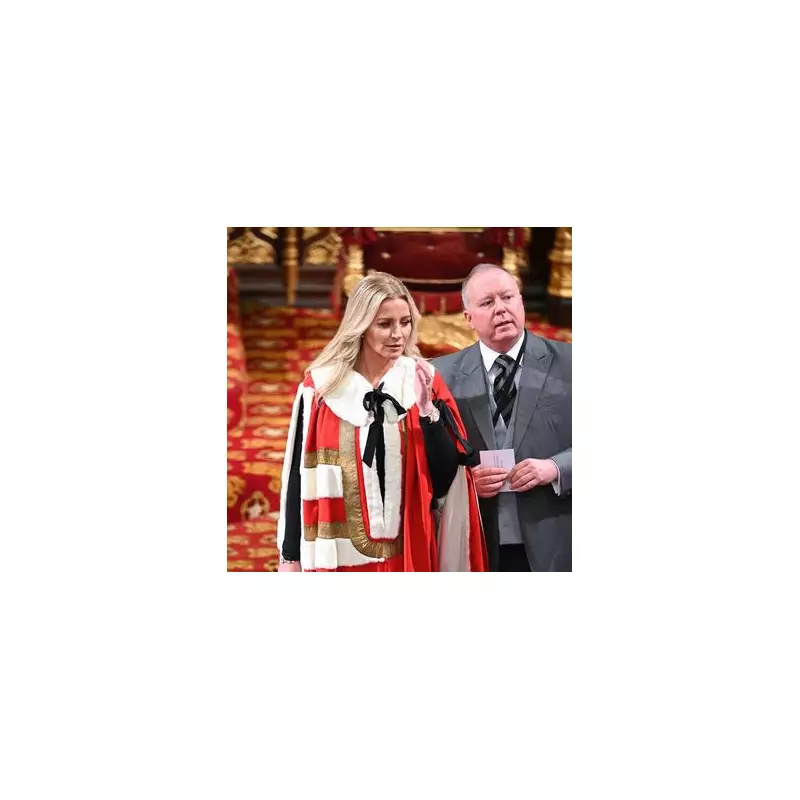
PPE MedPro, the company embroiled in the high-profile Michelle Mone PPE controversy, has officially collapsed into administration while locked in a £122 million legal dispute with the UK government.
The Department of Health and Social Care is pursuing the company through the courts over allegations that 25 million surgical gowns supplied during the pandemic were "unfit for purpose" and never used by the NHS. Meanwhile, PPE MedPro is counter-suing for £122 million, claiming breach of contract and defamation.
The VIP Lane Connection
The company gained notoriety after it was revealed that Conservative peer Baroness Michelle Mone had referred the firm to government officials through the controversial "VIP lane" system during the COVID-19 emergency procurement process.
This fast-track channel was designed to quickly identify potential suppliers during the critical equipment shortage, but has since faced intense scrutiny over its transparency and fairness.
Administrators Take Control
Corporate restructuring specialists from Teneo Financial Advisory have been appointed as joint administrators to handle the company's affairs. The administration process began earlier this month, though the company had been dormant since 2022.
In a statement, the administrators confirmed: "The Joint Administrators are exploring the options available to them in order to maximise the outcome for the company's creditors, including in respect of the company's claim against the DHSC."
Ongoing Legal Warfare
The legal battle continues to escalate, with both sides digging in for what promises to be a protracted courtroom confrontation:
- The government alleges the surgical gowns failed to meet required technical standards
- PPE MedPro maintains the equipment was suitable and claims reputational damage
- The case represents one of the largest COVID contract disputes to reach litigation
The collapse into administration adds another layer of complexity to a case that has become symbolic of the controversies surrounding pandemic-era procurement.





